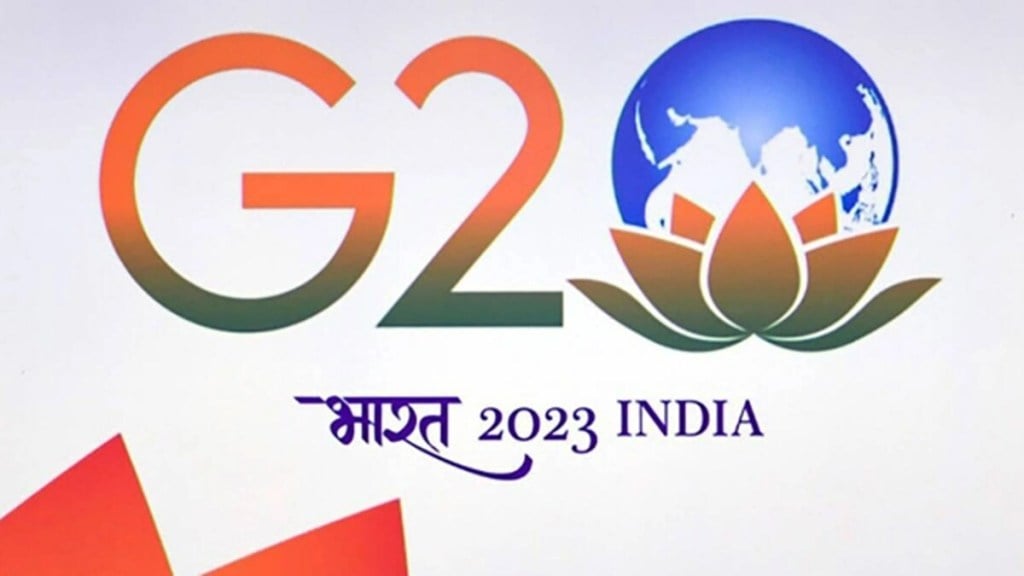Before the gathering of G20 Finance Ministers and Central Bank Governors on Friday-Saturday at Bengaluru, the group’s Finance Track Deputies meeting began on Wednesday to finalise the communique on global growth, inflation and debt vulnerability challenges.
Finance minister Nirmala Sitharaman, who reached Bengaluru on Wednesday night, will also be holding bilateral discussions with more than 10 countries, including Italy, US, Spain, Indonesia, and UK on the sidelines of the G20 meeting.
Finance Track is at the core of the G20 process and provides an effective forum for global economic discourse and policy coordination. Main workstreams in Finance Track are the global economic outlook and risks, international financial architecture including development finance and global financial safety net, financial inclusion and other financial sector issues, infrastructure development and financing, sustainable finance, global health financing and international taxation.
“The global economy is facing the lingering effects of the Covid-19 pandemic, food and energy insecurity, broad-based inflation, heightened debt vulnerabilities, worsening climate change, and geopolitical tensions,” Union minister Anurag Thakur said at the inaugural session of the G20 Second Finance and Central Bank Deputies (FCBD).
Since the impact of all these crises can set back progress on the world’s key development priorities, Thakur said the G20 can make a significant contribution to finding pragmatic global solutions to these challenges and the Indian Presidency seeks to actively facilitate this. India is the chair of the G20 for 2023.
Towards fulfilling this goal, the G20 Finance Track discussions in 2023 will include strengthening Multilateral Development Banks (MDBs) to meet the shared global challenges of the 21st century, financing ‘cities of tomorrow’, leveraging digital public infrastructure for financial inclusion and productivity gains and advancing the international taxation agenda, among others, Thakur said.
“Since its inception, the G20 has time and again proven its mettle in forging consensus in times of crises. The Indian Presidency believes that success lies in our ability to anticipate, prevent and prepare for significant risks to come,” Thakur added.

